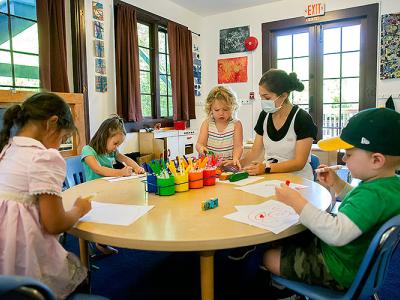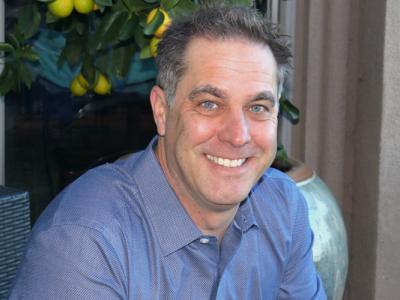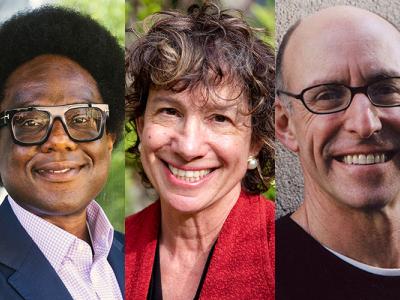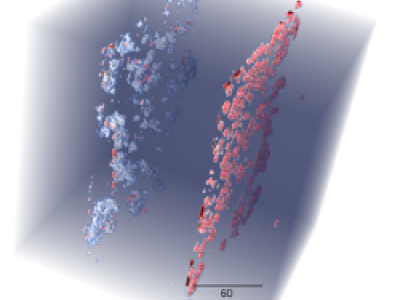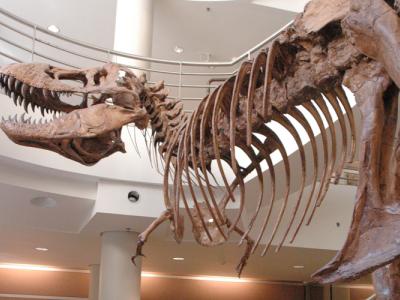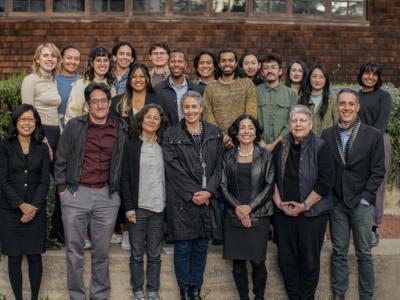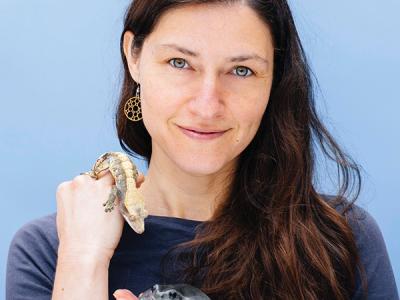The California Department of Education has awarded a $5-million grant to the 21st Century California School Leadership Academy (21CSLA) State Center to ensure leaders for equity are prepared to implement the state’s groundbreaking rollout of Universal Prekindergarten (UPK).
Research News
Learn more about UC Berkeley's researchers and innovators.
Showing 785 - 800 of 3490 Results
The number of people leaving California for other states appears to have slowed during the last quarter of 2021, while the number of people moving into the state appears to be rebounding, according to new estimates released today by the nonpartisan California Policy Lab (CPL) using credit-bureau data through the end of 2021.
Andrew Dillin shared the 2022 Lurie Prize in Biomedical Sciences for work on the aging process. The prize, awarded annually by the Foundation for the National Institutes of Health (FNIH), recognizes outstanding achievements by promising scientists aged 52 or younger. Dillin shared the prize with Anne Brunet of Stanford University, who conducts parallel work on aging.
New research from Berkeley Public Health and the Department of Environmental Science, Policy, and Management published today in the Journal of Exposure Science and Environmental Epidemiology shows that community exposure to oil and gas wells is more likely in historically redlined neighborhoods, exposing residents to environmental stressors such as water and air pollution. The study results add to evidence that structural racism in government policy is associated with more oil and gas wells being situated in marginalized neighborhoods.
Three UC Berkeley faculty are among this year’s 180 John Simon Guggenheim Memorial Foundation fellows. The prestigious awards recognize scholars with impressive achievements in fields ranging from the natural sciences to the creative arts.
In a study published online this week in the journal Nature, University of California, Berkeley, engineers describe a major breakthrough in the design of a component of transistors — the tiny electrical switches that form the building blocks of computers — that could significantly reduce their energy consumption without sacrificing speed, size or performance.
Staunchly conservative Fox News viewers who spent a month tuning in to CNN instead reported a broad shift in their political opinions — until they returned to watching Fox, according to new research co-authored at UC Berkeley.
A team of researchers from Lawrence Berkeley National Laboratory (Berkeley Lab) and the University of California, Irvine (UC Irvine) recently moved this effort forward with the development of deep-learning algorithms to automate the quality control and assessment of new battery designs.
The Association for Computing Machinery (ACM), the world’s largest scientific and educational computing society, has awarded UC Berkeley professor Pieter Abbeel the 2021 ACM Prize in Computing for his foundational work in robot learning.
A video compiled from Fox News clips of former President Trump and his family urging his supporters to get vaccinated against COVID-19 proved to be a cheap and effective way to convince some vaccine skeptics to get their shots.
In a new paper appearing in the current issue of the journal Acta Palaeontologia Polonica, Padian floats a new hypothesis: The T. rex’s arms shrank in length to prevent accidental or intentional amputation when a pack of T. rexes descended on a carcass with their massive heads and bone-crushing teeth.
Together with a leadership team with specialties in law, algorithms, computer science and public policy, Berkeley Journalism has formed a multipronged initiative, “Our Better Web” to study and inform legislation on disinformation and illegal activities on social media platforms.
A new paper published March 30, 2022, in JAMA Network Open by authors Patton Khuu Nguyen, MPH, and Berkeley Public Health Professor of Environmental Health Sciences S. Katharine Hammond, is the first to quantify SHCS levels from social cannabis smoking using a bong in the home. The research reveals concentrations greatly exceeded those in homes with tobacco cigarette or hookah smoking and decayed very slowly, which suggests that, contrary to popular beliefs, bong smoking is not safe for those nearby.
In this Berkeley Voices episode, Bree Rosenblum, a professor of global change biology at UC Berkeley, talks about why we need to stop blaming each other for the environmental crisis that we’re in, and instead confront its root causes and expand our ideas of what it means to be human on our planet.
Professor Arpad Horvath is part of the team that will develop novel models that integrate material properties and characteristics into greenhouse gas sequestration scenarios to inform technological breakthroughs in carbon storing building materials.
A three-year-old consortium has finally filled in remaining DNA, providing the first complete, gapless genome sequence for scientists and physicians to refer to. The newly completed genome, dubbed T2T-CHM13, represents a major upgrade from the current reference genome, called GRCh38, which is used by doctors when searching for mutations linked to disease, as well as by scientists looking at the evolution of human genetic variation.

